Both carbonyl compounds and acid derivatives though they contain 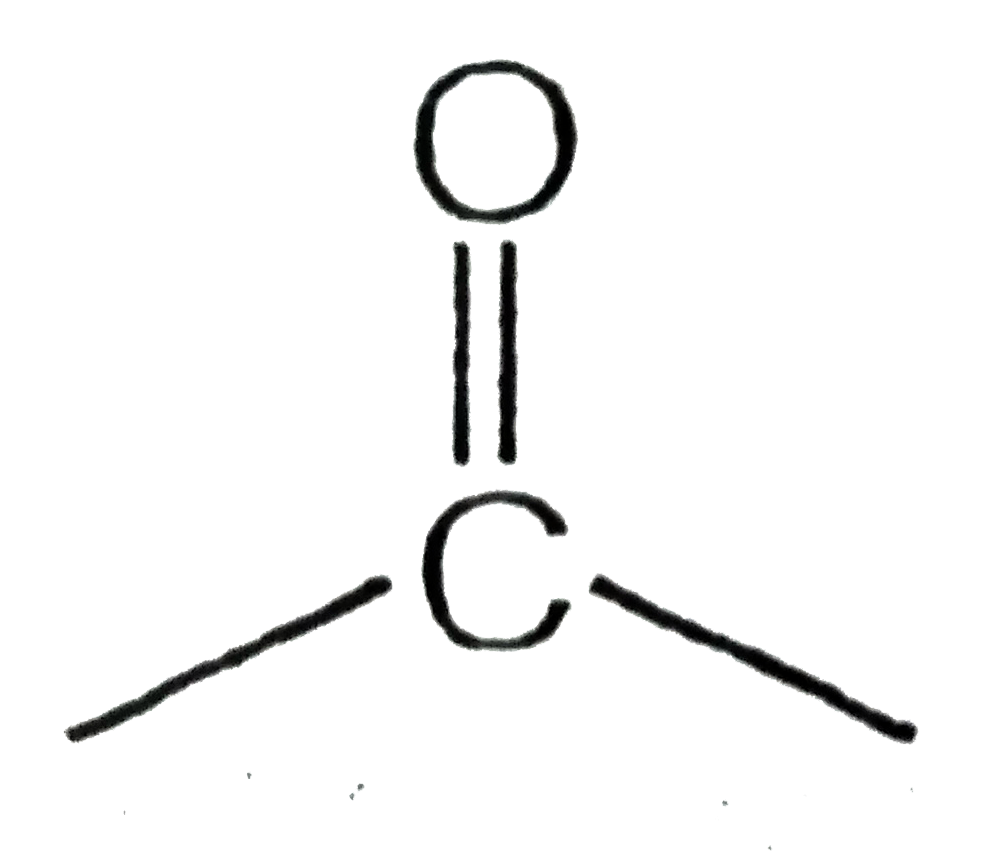 grouping yet the reactions given by them are entirely different.
grouping yet the reactions given by them are entirely different.
As Aldehydes and Ketones give addition product with a nucleophile, while carboxylic acid derivatives give nucleophilic acyl substitution through addition/elimination mechanism.

Where X−=−Cl−O−O∣∣C−R−OR,−NR(R) etc.
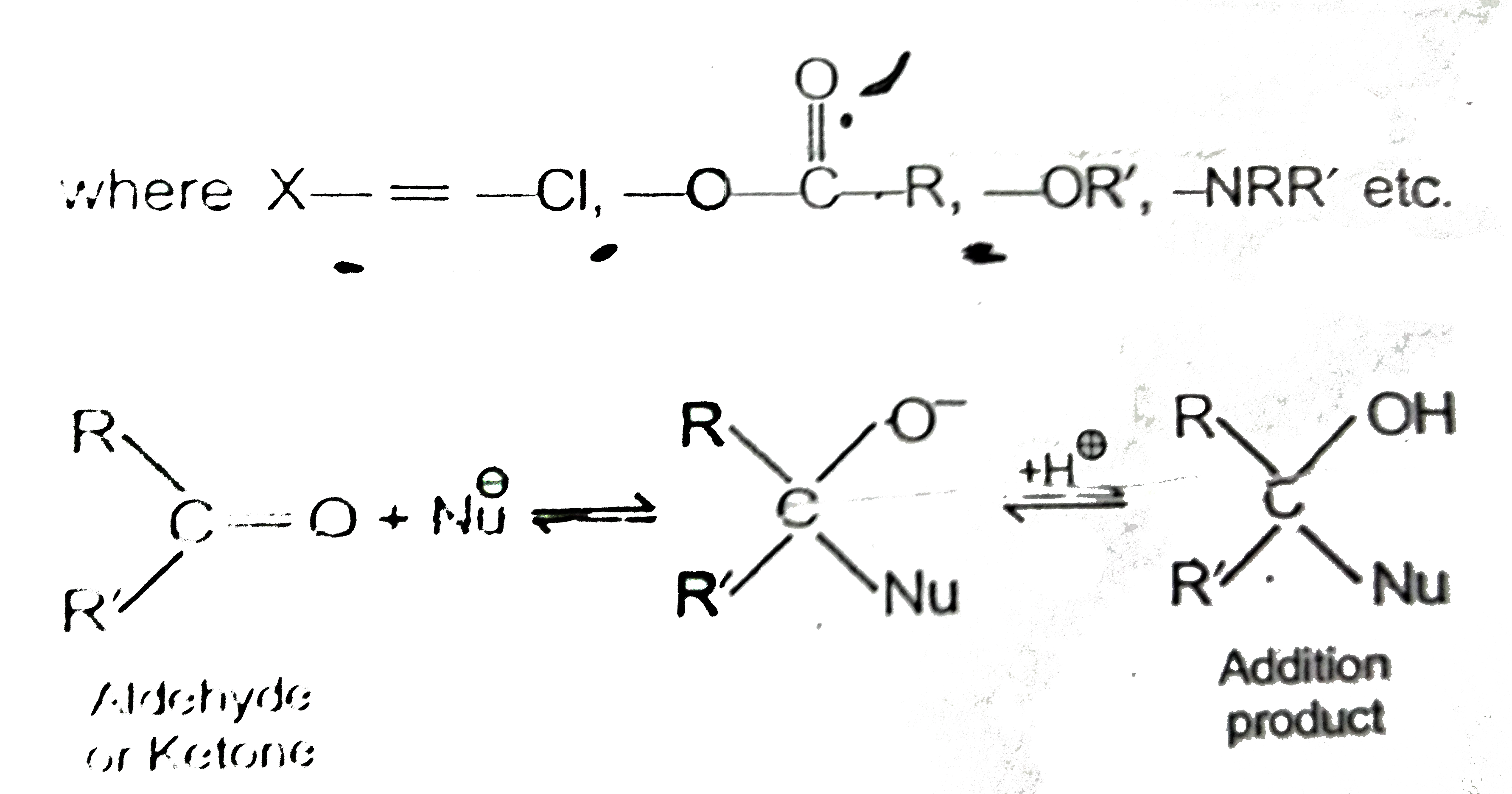
Which of the following is most reactive towards a nucleophile?
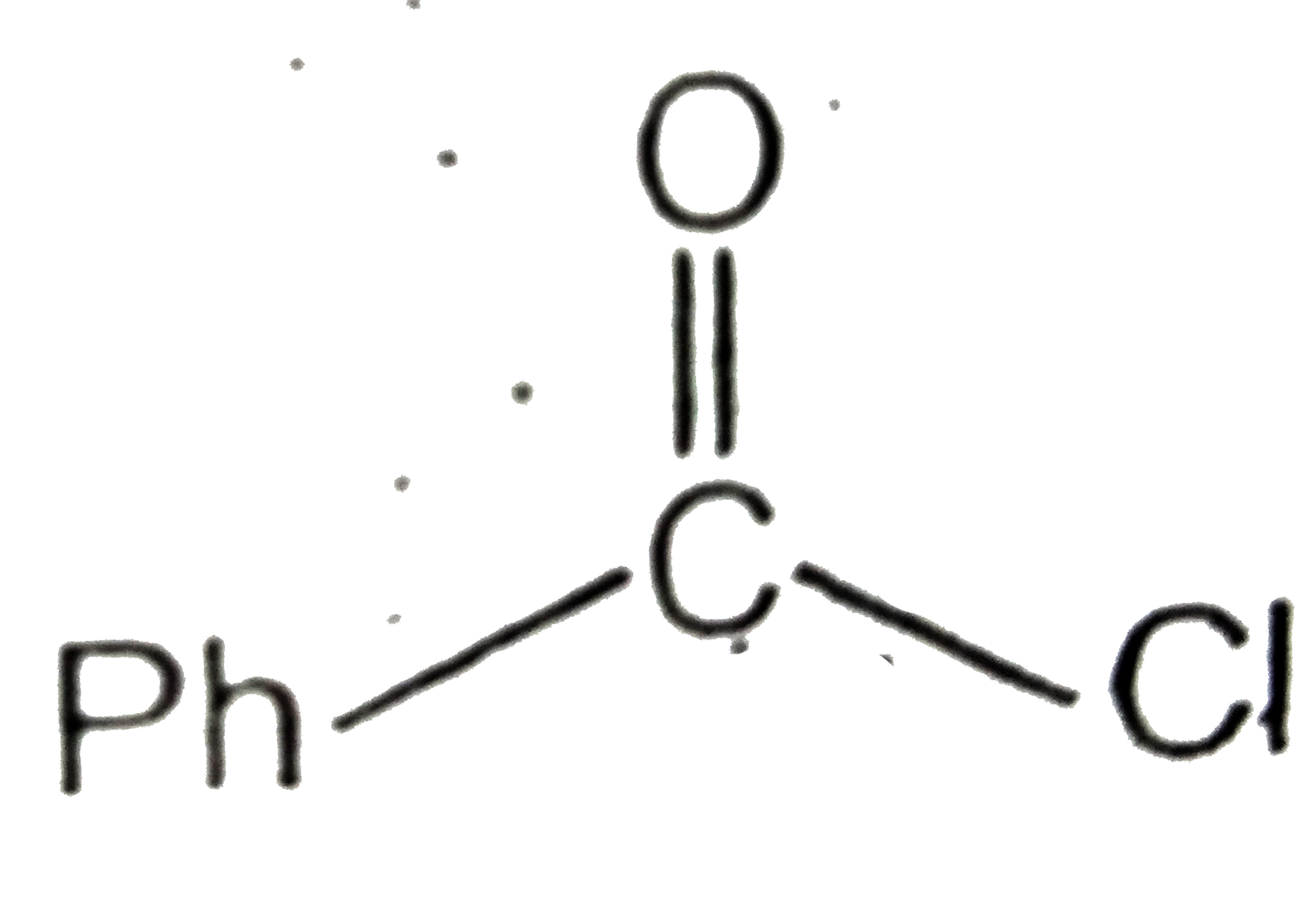
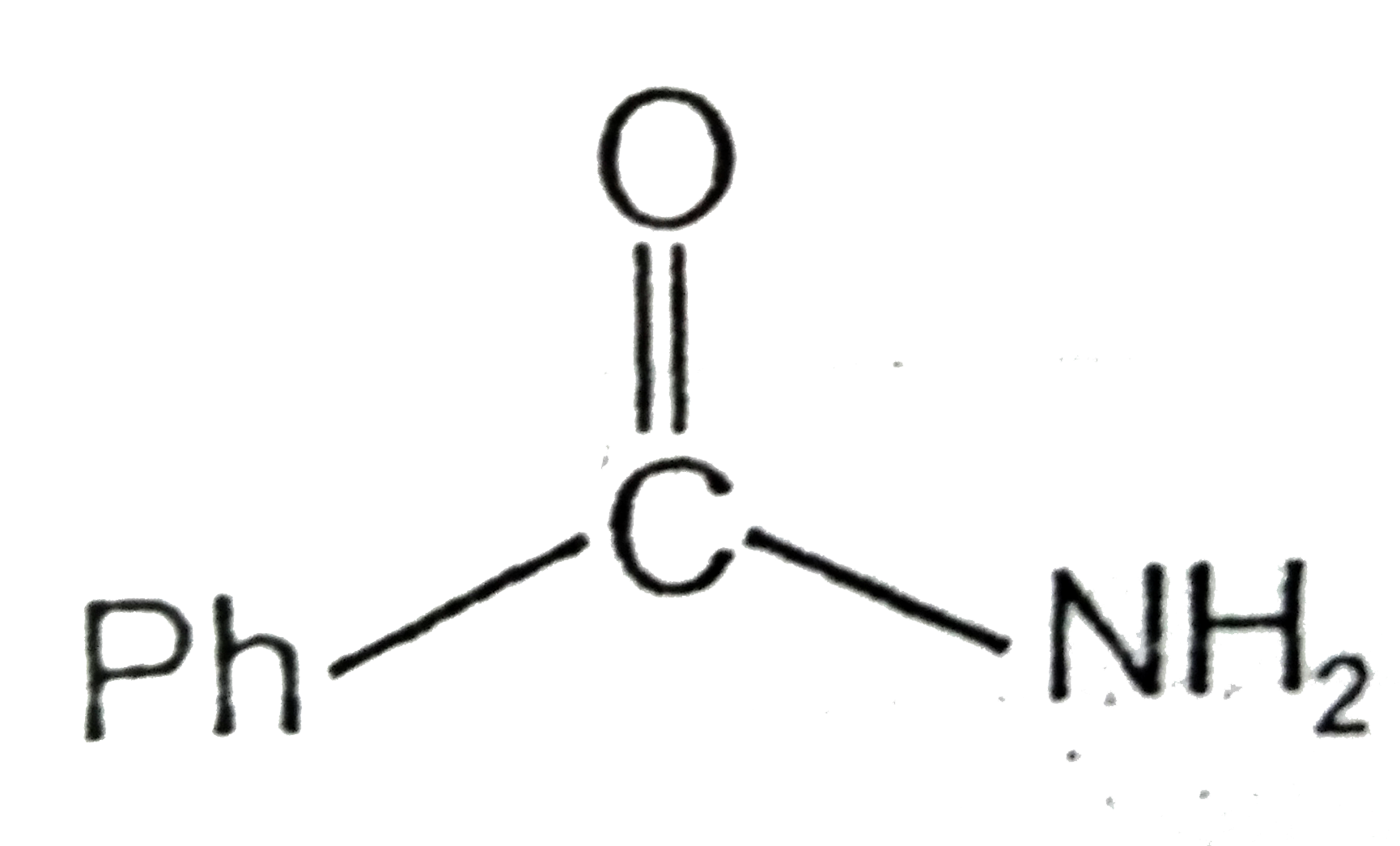
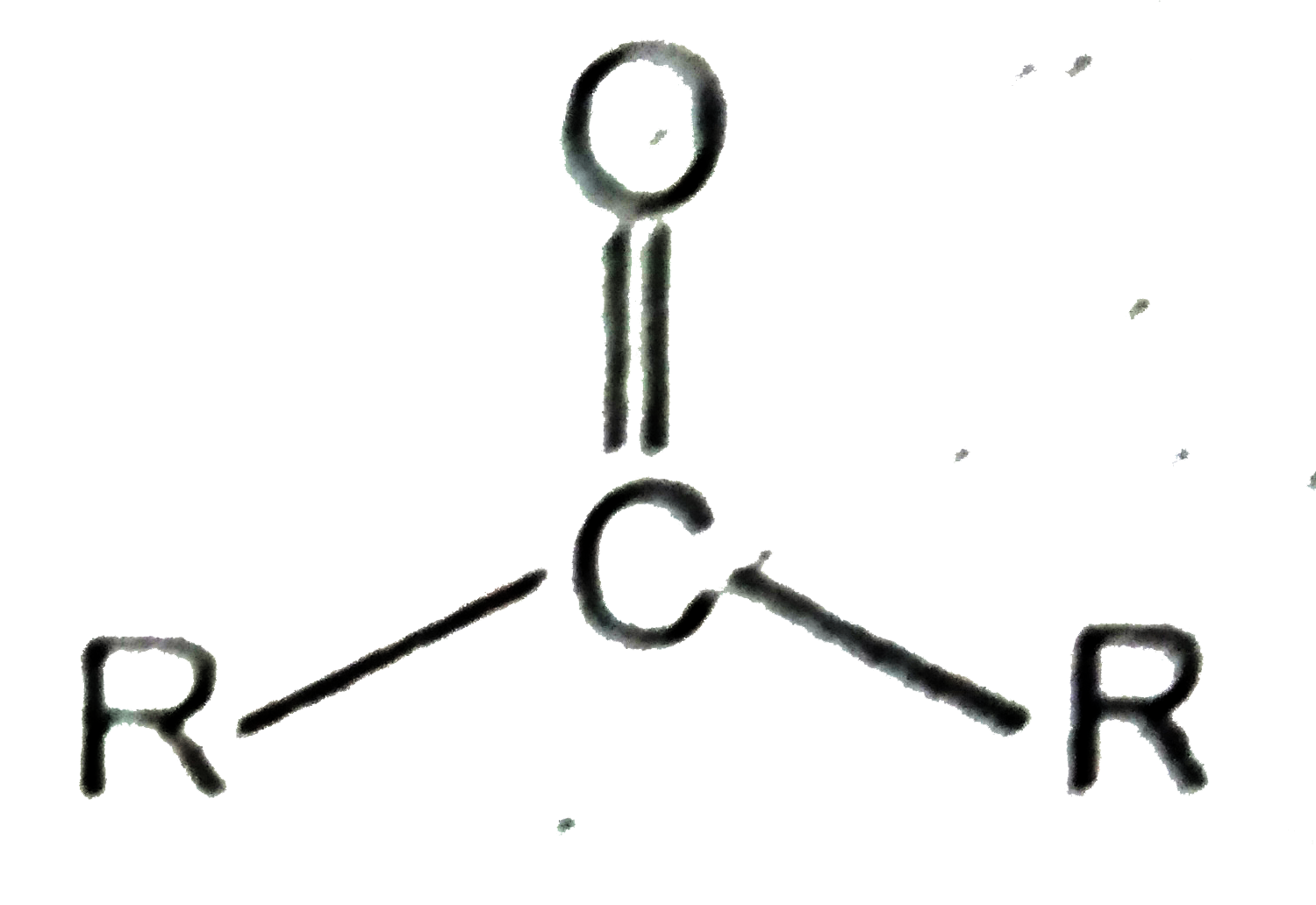
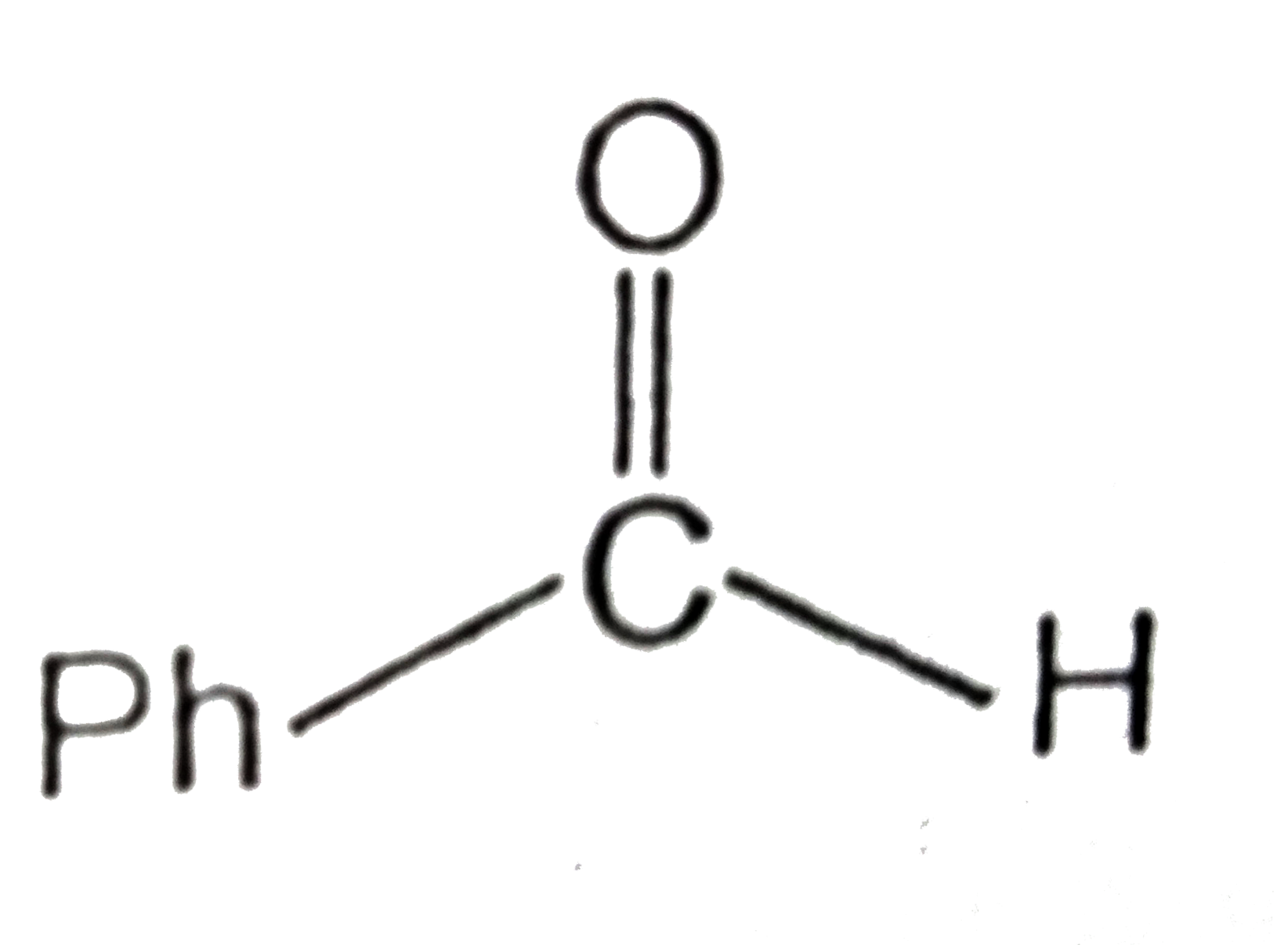
The correct Answer is:A
Topper's Solved these Questions
- ALDEHYDES, KETONES AND CARBOXYLIC ACIDS Book:AAKASH INSTITUTEChapter:ALDEHYDES, KETONES AND CARBOXYLIC ACIDS Exercise:Assignment SECTION - E Assertion - Reason Type Questions)
Explore 7 Videos
- ALDEHYDES, KETONES AND CARBOXYLIC ACIDS Book:AAKASH INSTITUTEChapter:ALDEHYDES, KETONES AND CARBOXYLIC ACIDS Exercise:Assignment (SECTION - F Matrix Match type Questions)
Explore 4 Videos
- ALDEHYDES, KETONES AND CARBOXYLIC ACIDS Book:AAKASH INSTITUTEChapter:ALDEHYDES, KETONES AND CARBOXYLIC ACIDS Exercise:Assignment (SECTION -C Objective type questions more than one options are correct)
Explore 11 Videos
- ALCOHOLS, PHENOLS AND ETHERS Book:AAKASH INSTITUTEChapter:ALCOHOLS, PHENOLS AND ETHERS Exercise:Try Yourself
Explore 5 Videos
- AMINES Book:AAKASH INSTITUTEChapter:AMINES Exercise:Assignment Section -J (Aakash Challengers Questions)
Explore 9 Videos
Similar Questions
Both carbonyl compounds and acid derivatives though they contain
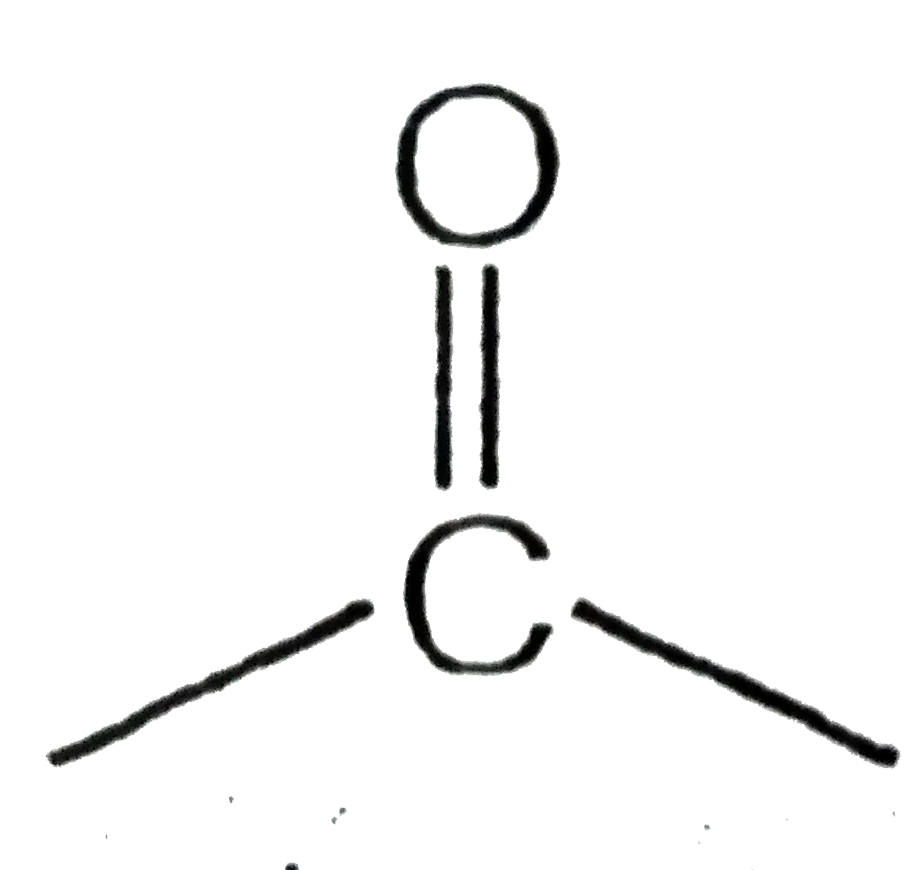 grouping yet the reactions given by them are entirely different.
grouping yet the reactions given by them are entirely different.
As Aldehydes and Ketones give addition product with a nucleophile, while carboxylic acid derivatives give nucleophilic acyl substitution through addition/elimination mechanism.

Where X−=−Cl,−O−O∣∣C−R,−OR,−N(R)R etc.
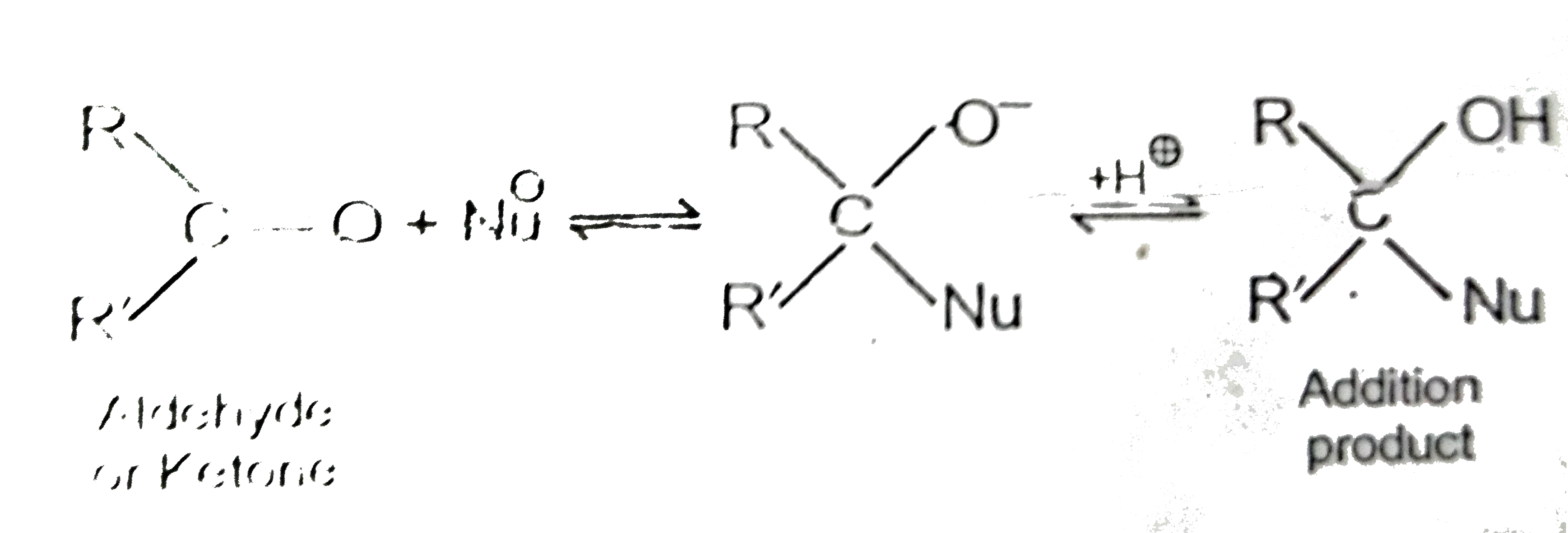
Carbonyl character is most supressed in
View SolutionBoth carbonyl compounds and acid derivatives though they contain
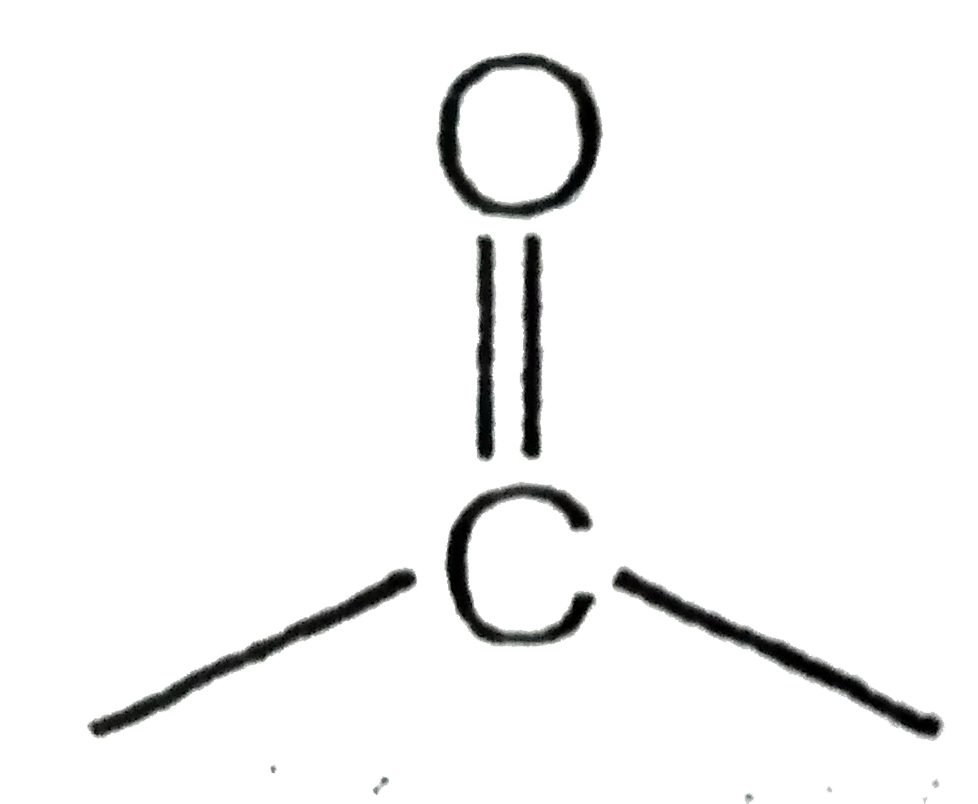 grouping yet the reactions given by them are entirely different.
grouping yet the reactions given by them are entirely different.
As Aldehydes and Ketones give addition product with a nucleophile, while carboxylic acid derivatives give nucleophilic acyl substitution through addition/elimination mechanism.

Where X−=−Cl−O−O∣∣C−R−OR,−NR(R) etc.
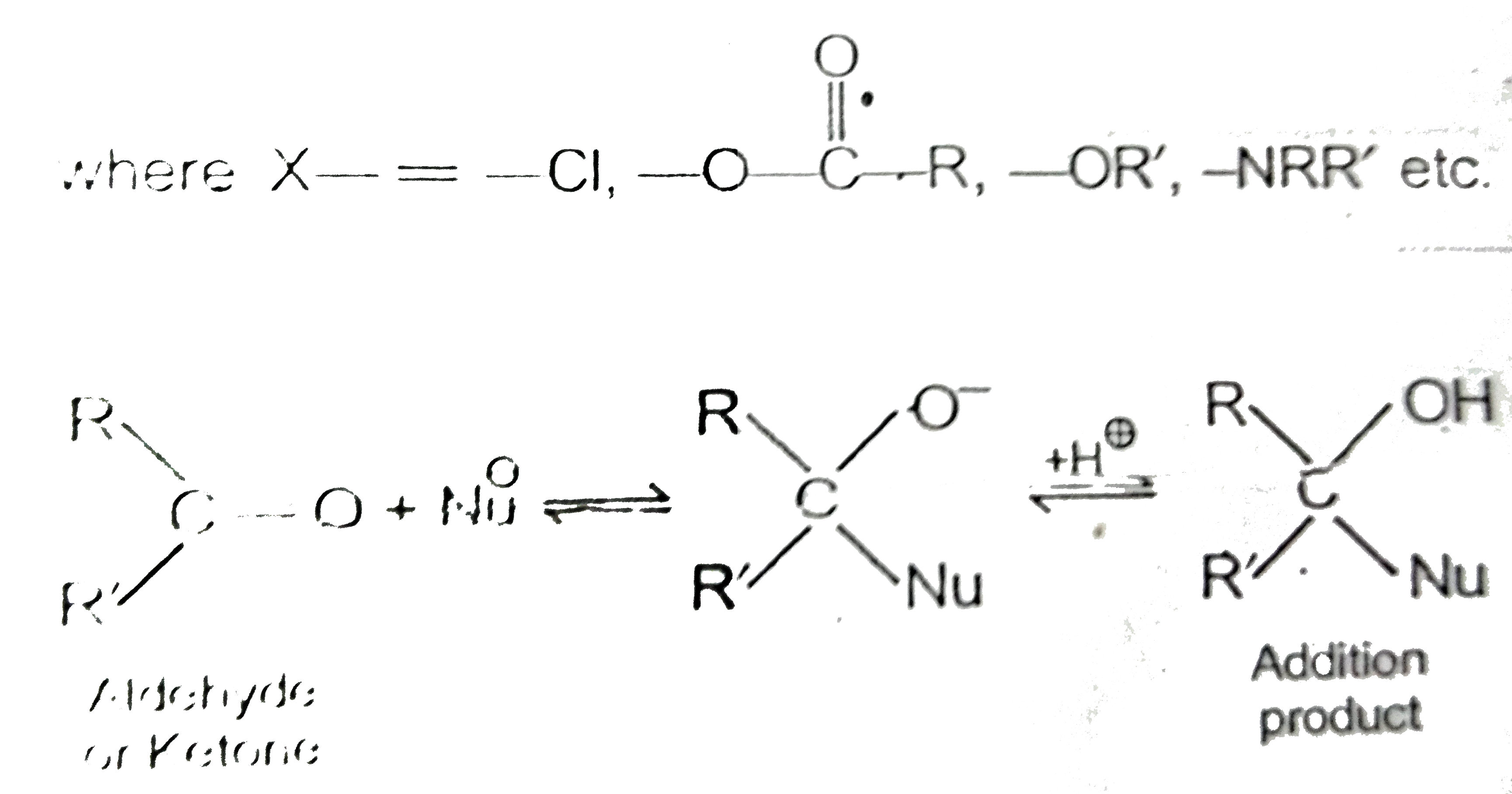
Why aldeydes and Ketones give nucleophilic addition reaction while acid derivatives prefer nucleophilic acyl substititution reaction?
View Solution
Knowledge Check
Both carbonyl compounds and acid derivatives though they contain
 grouping yet the reactions given by them are entirely different.
grouping yet the reactions given by them are entirely different.
As Aldehydes and Ketones give addition product with a nucleophile, while carboxylic acid derivatives give nucleophilic acyl substitution through addition/elimination mechanism.

Where X−=−Cl−O−O∣∣C−R−OR,−N(R)R etc.

Carbonyl character is most supressed inA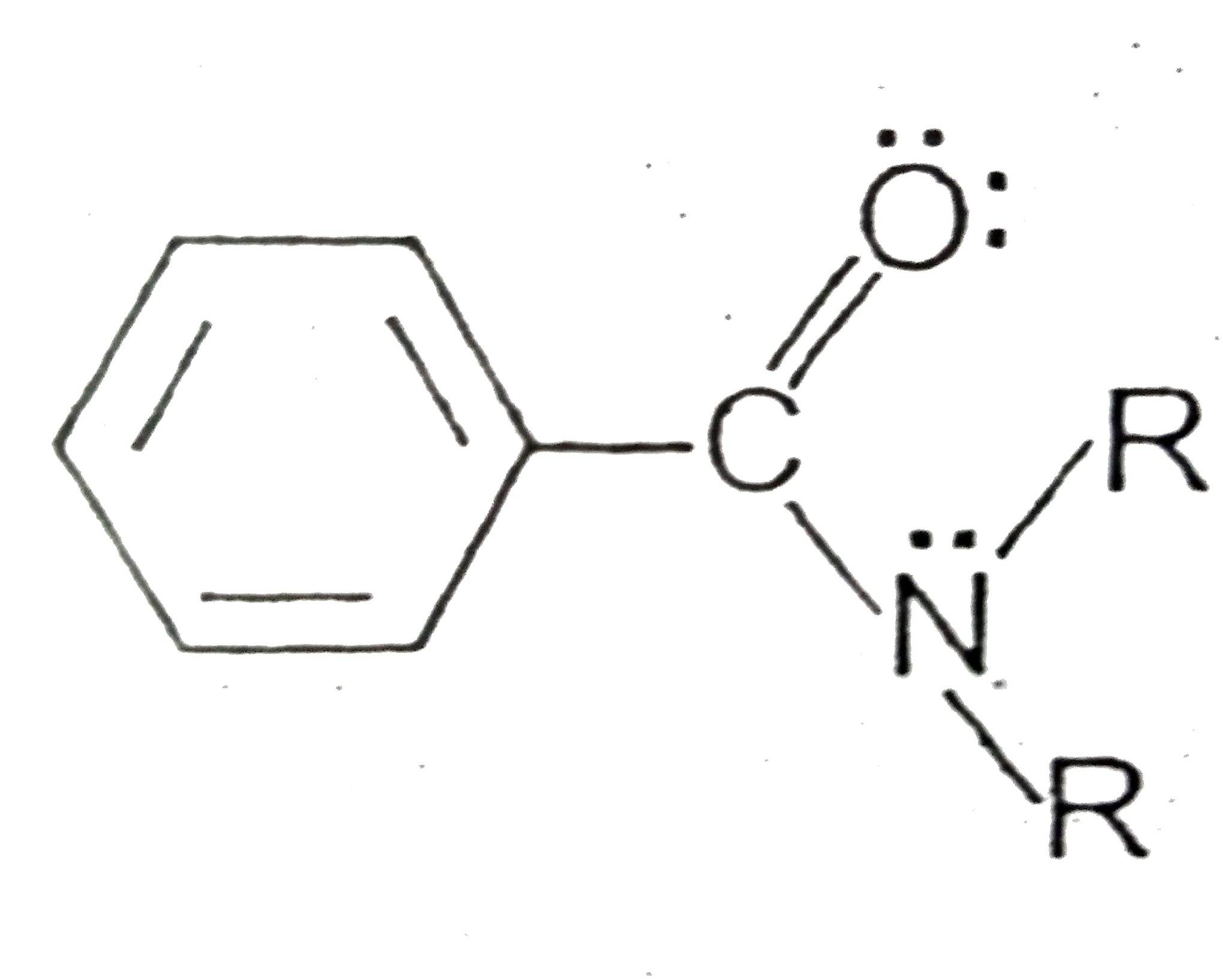 B
B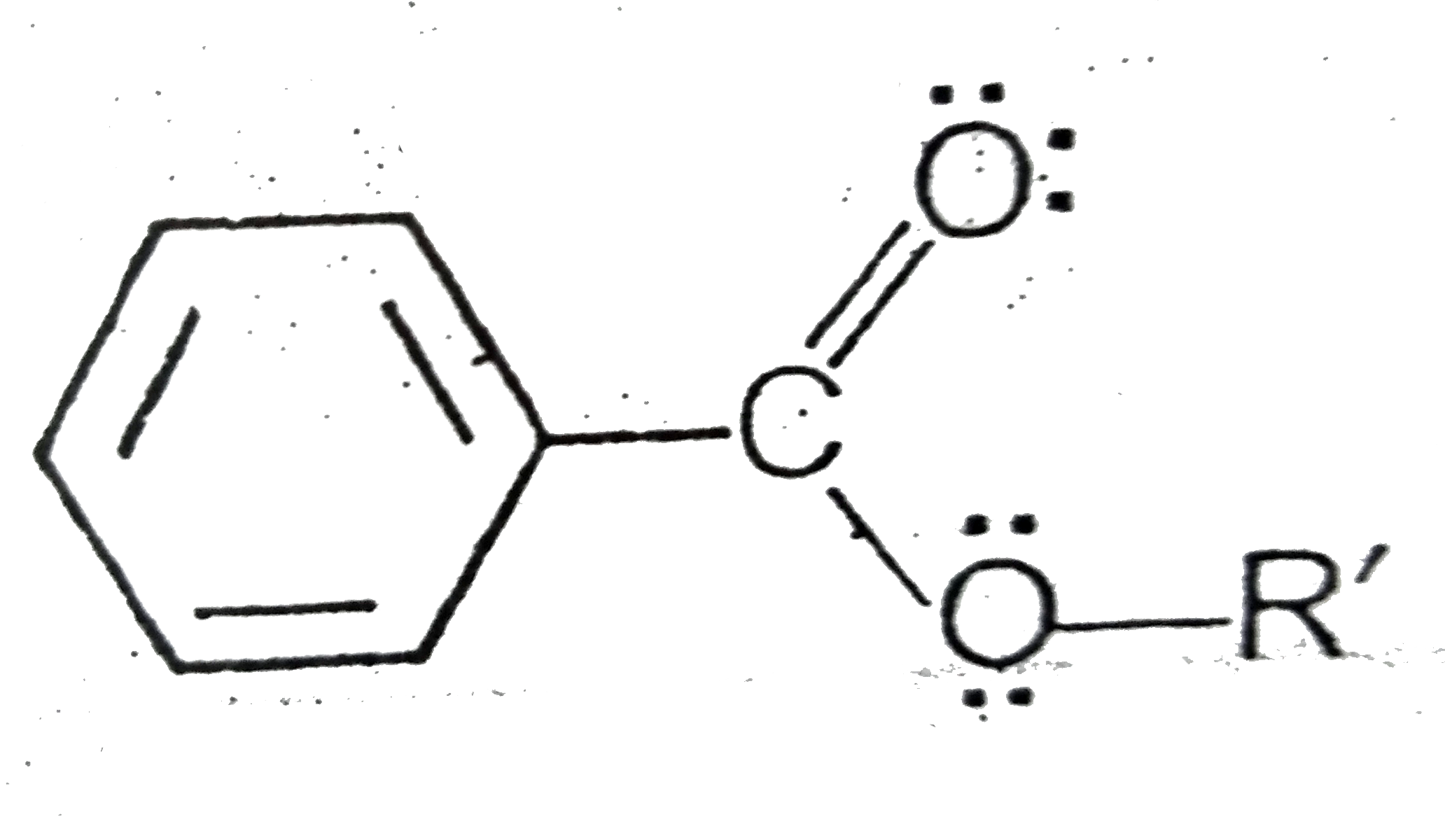 C
C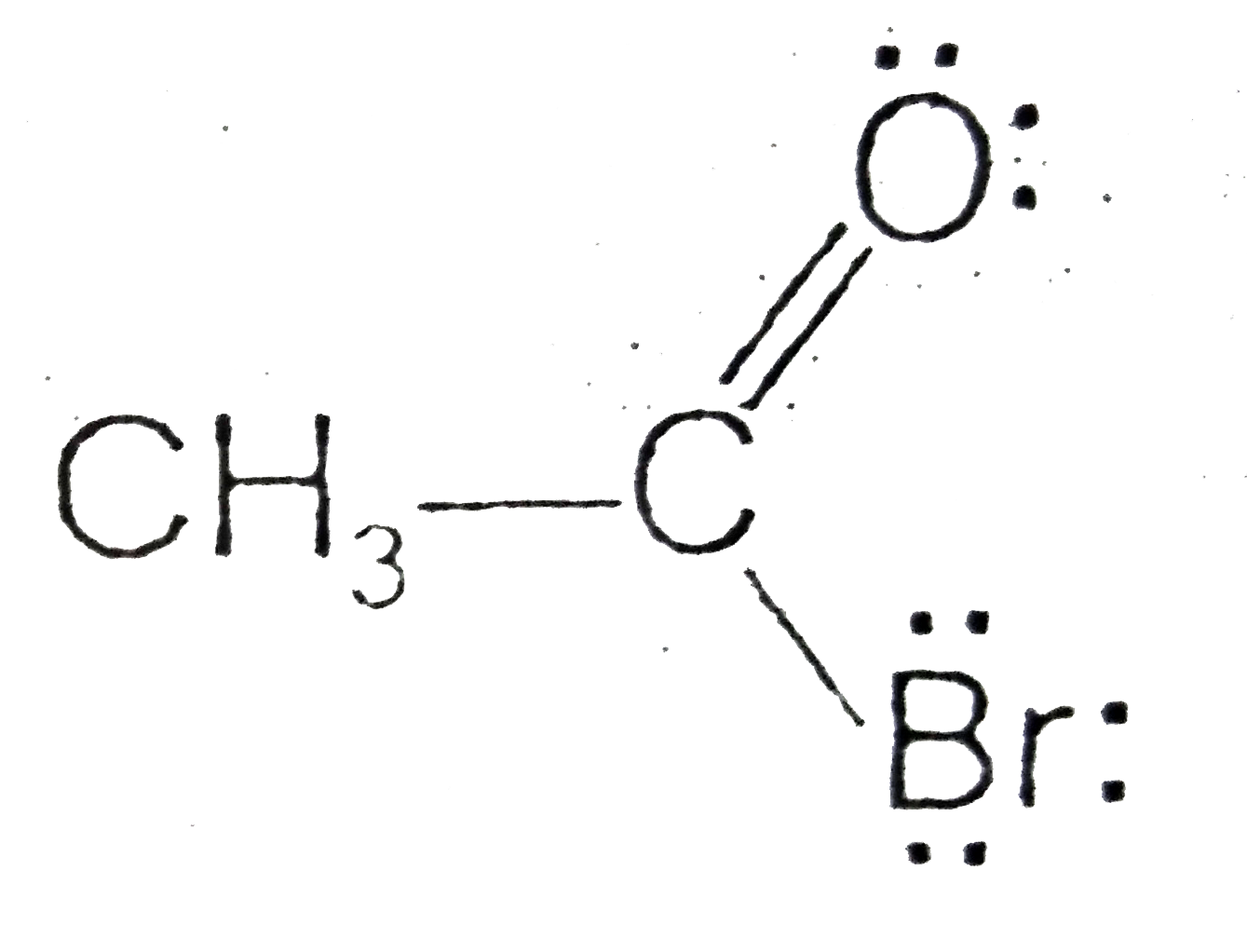 D
D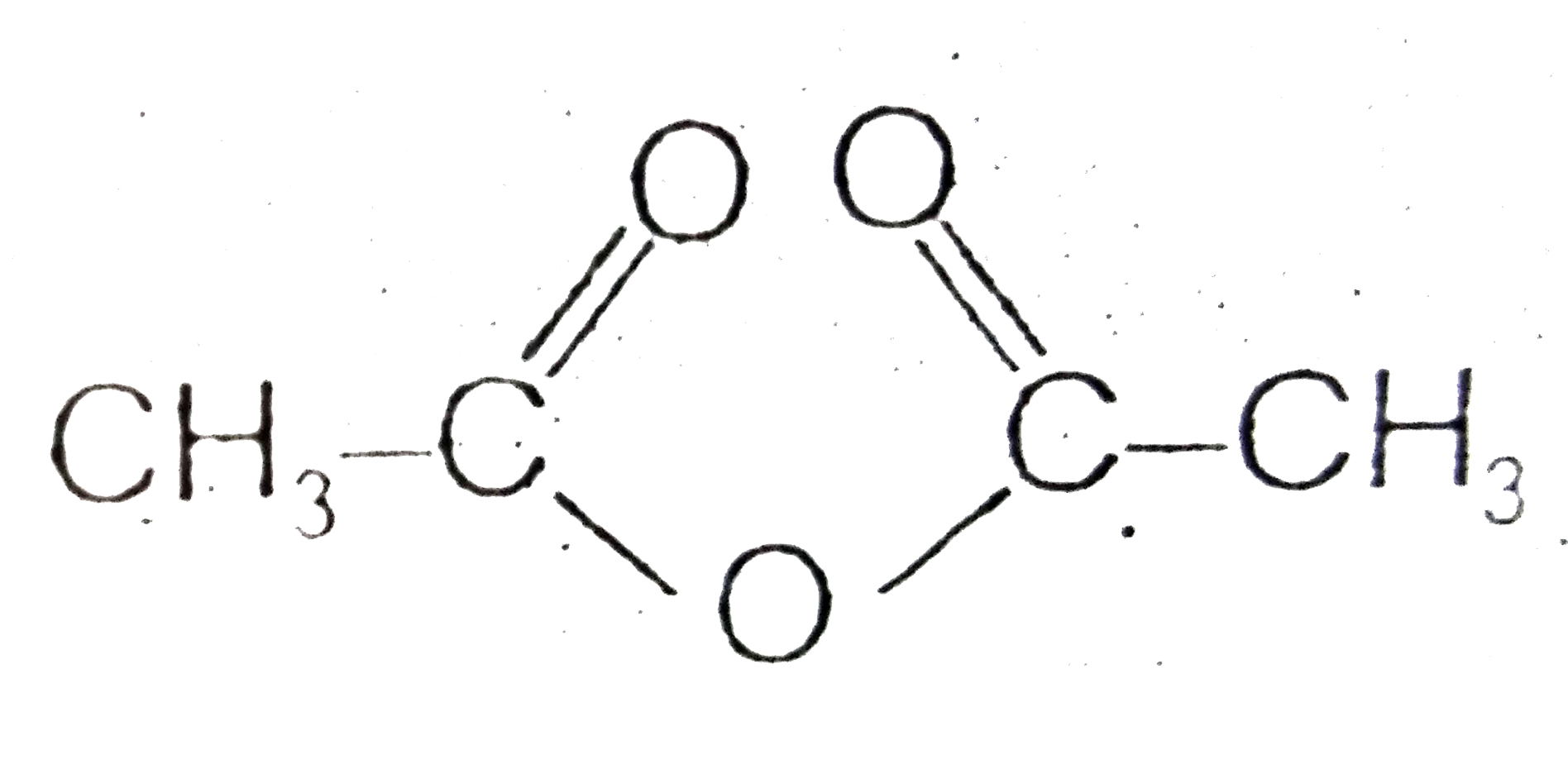
Both carbonyl compounds and acid derivatives though they contain
 grouping yet the reactions given by them are entirely different.
grouping yet the reactions given by them are entirely different.
As Aldehydes and Ketones give addition product with a nucleophile, while carboxylic acid derivatives give nucleophilic acyl substitution through addition/elimination mechanism.

Where X−=−Cl−O−O∣∣C−R−OR,−NR(R) etc.

Why aldeydes and Ketones give nucleophilic addition reaction while acid derivatives prefer nucleophilic acyl substititution reaction?ACarbonyl carbon of aldehyde and Ketones are more electron deficient than acid derivativesBCarbonyl carbon of acid derivatives are more electron deficient.CAcid derivatives also give addition reactionDIn acid derivatives, acyl carbon is connected with a good leaving groupAldehyde, ketone, acid and acid derivatives contain >C=O group. Aldehyde and ketones gives nucleop addition reactions where as acid and acid derivatives gives nucleophilic addition followed by ellmination reaction Nucleophilic addition reactions followed by ellimination of acid derivatives is known as acyl substitution reacts This subsitution reaction takes places by formation of tertrahedral intermediate.
Which one of the following is least reactive compound for nucleophilic acyl substitution.A_E01_573_O01.png) B
B_E01_573_O02.png) C
C_E01_573_O03.png) D
D_E01_573_O04.png)
Aldehyde, ketone, acid and acid derivatives contain >C=O group. Aldehyde and ketones gives nucleop addition reactions where as acid and acid derivatives gives nucleophilic addition followed by ellmination reaction Nucleophilic addition reactions followed by ellimination of acid derivatives is known as acyl substitution reacts This subsitution reaction takes places by formation of tertrahedral intermediate.
Which one of the following is least reactive compound for nucleophilic acyl substitution.
View SolutionAldehyde, ketone, acid and acid derivatives contain >C=O group. Aldehyde and ketones gives nucleop addition reactions where as acid and acid derivatives gives nucleophilic addition followed by ellmination reaction Nucleophilic addition reactions followed by ellimination of acid derivatives is known as acyl substitution reacts This subsitution reaction takes places by formation of tertrahedral intermediate.
Which of the following compounds has very poor leaving group?
View SolutionAldehyde, ketone, acid and acid derivatives contain >C=O group. Aldehyde and ketones gives nucleop addition reactions where as acid and acid derivatives gives nucleophilic addition followed by ellmination reaction Nucleophilic addition reactions followed by ellimination of acid derivatives is known as acyl substitution reacts This subsitution reaction takes places by formation of tertrahedral intermediate.
Which of the following compounds has very poor leaving group?
View SolutionWhich of the following halogen acids is most reactive towards the given reaction ?
R−O−RHX−−→
View SolutionAldehyde and ketone undergo nucleophilic addition reaction because of polarity between >C=O group . The reactivity of carbonyl groups toward nucleophile depends upon the nature of inductive effect of froup present at carbonyl carbon.
Which among the following is more reactive towards nucleophilic addition reaction
View Solution

